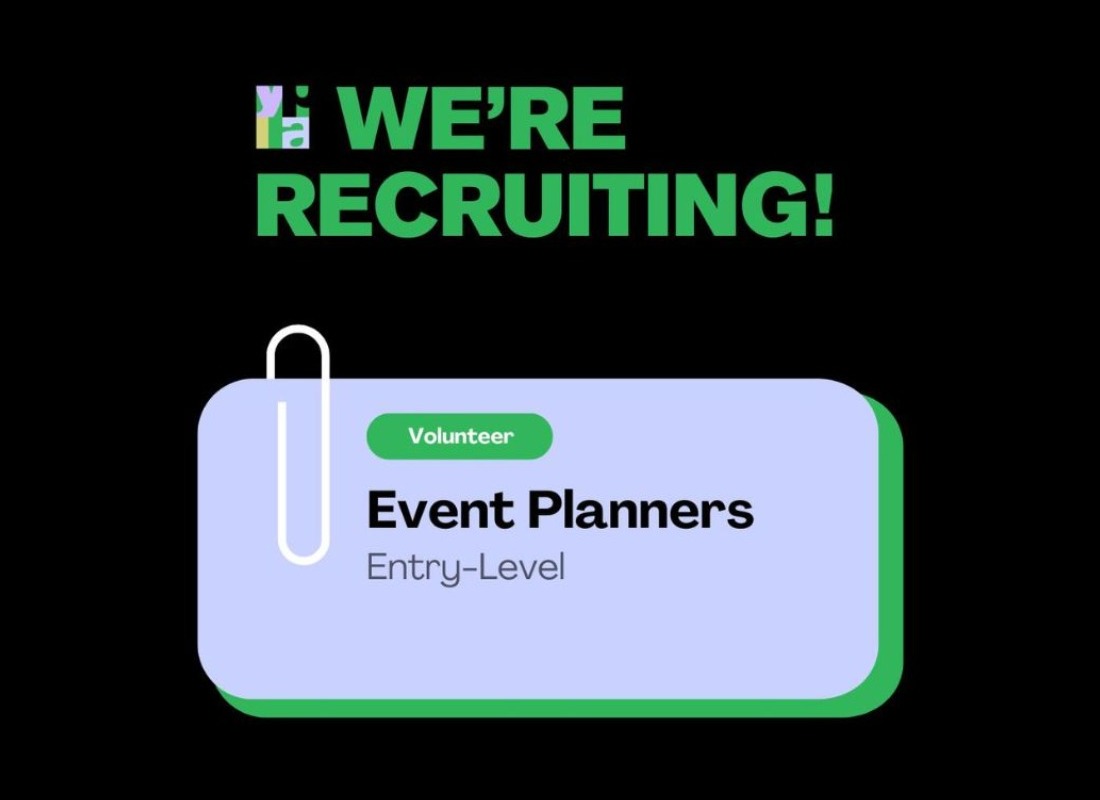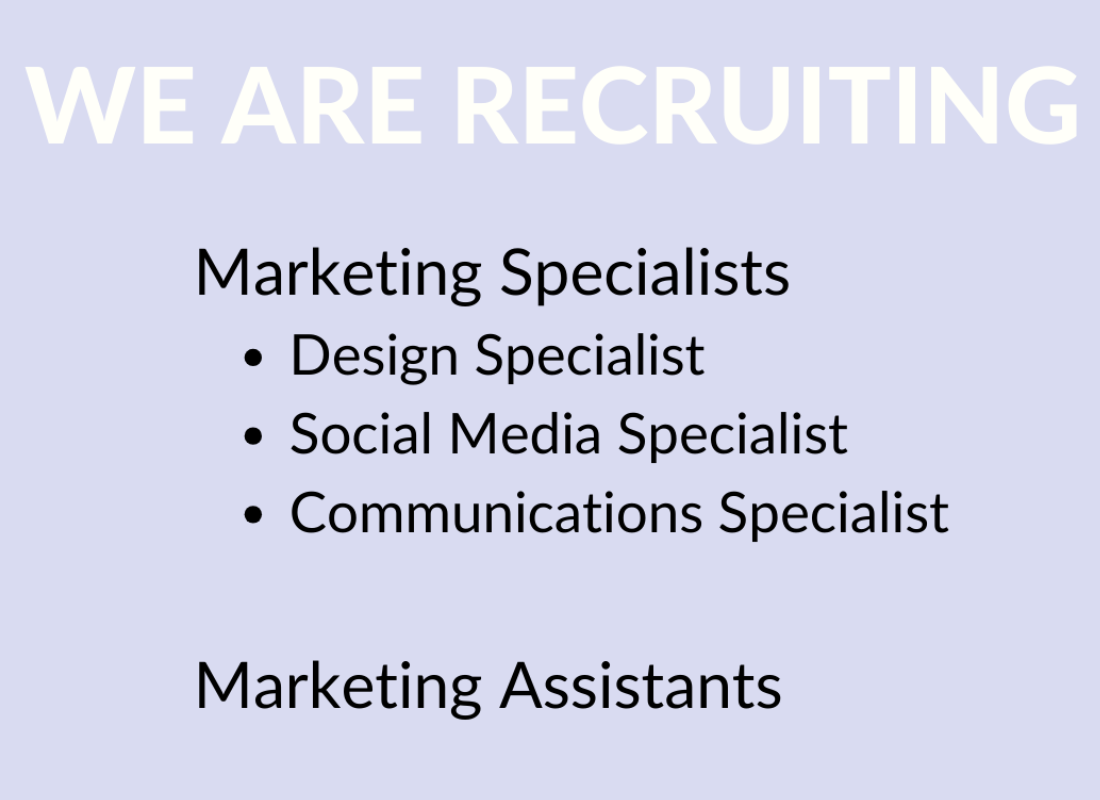
If you were a professional footballer, a gymnast or even on the GB Table Tennis Team and your friend introduced their ‘coach’ to you, you would immediately know who that person was, what they did and why your friend has a coach in the first place.
But in a non-sporting context, in the business world, the arts world, across the public sector, in fact in almost any other profession, if the same thing happened and your friend introduced you to me and said ‘please meet Michael Garvey, he’s my coach’, what would your first thought be? What is a coach? What does a coach do? Why does my friend need a coach anyway? Are they alright? Are they going through some sort of crisis? Maybe they are switching careers and retraining to be a professional boxer?!
Having a coach is very common in some professional contexts and very unusual in others. And although a sports coach has many similarities to a professional coach or executive coach, there are some distinctions too. Let me outline what those are and hopefully help you become more familiar with the term and concept, so you can consider if it’s right for you.
Firstly let’s straighten out the difference between a mentor and a coach, because there is a significant difference between the two. A mentor is someone who shares their direct expertise, knowledge and advice to those who have less of all of those three things. A mentor helps mentees consider opportunities for career growth and helps them gain confidence, often in the role of a ‘cheerleader’. A mentoring relationship is one where the mentor often makes a personal introduction on behalf of the mentee so as to help that mentee on their (career) journey. The mentee relationship often lasts for a long period of time, sometimes many years and it has the sense or feel of the mentor taking the mentee ‘under their wing’.
In a coaching relationship, the two people involved view each other as equals. The coach is not a guru or in any way seen as more wise or experienced than their client. In many cases the coach has little or no experience of the context in which their client works (other than that which they share with each other) and that doesn’t matter, in fact it can be quite helpful to be objective and removed from that context. Instead, the coach’s role is to create a confidential and safe space where the client feels comfortable to be as open and honest as they want to be. In this context, the conversation that then follows is one that the client themselves initiates and brings to the coach to discuss. The coach listens (very important) without judging and then through a series of questions which are often challenging, probing and provocative, encourages the client to look at the topic under discussion from many different angles and perspectives, with the expectation being as a result of this detailed reflection that the client is assured of their position or decision in relation to it. The ‘science’ behind this approach being that only you know what’s really right for you and you are far more likely to follow through on an idea or decision that you’ve come up with yourself, than if someone else has told you to do something. When it’s your decision, you own that decision and you are responsible for delivering on it. Your coach can help you be accountable for that, but they are not in a position to do the work for you and neither should want that from them, otherwise the achievement is theirs and not yours!
This infographic I find helpful, in demonstrating the difference:
So with this context, you can see that anyone can have a coach, because almost any topic or scenario or decision can be coached. We often see coaches being used in the business and professional settings, but I’ve coached people in very personal settings too and topics that clients have brought to me include: why can’t I motivate myself to stick with doing the park run each week?; why do I never keep to my New Year’s resolutions to lose 8 kilos this year?; or my mum has got Alzheimer’s disease and I just don’t know what I should do about it.
The phrase Executive Coaching sounds a little bit formal doesn’t it? But it’s not really that different from life coaching, personal coaching, career coaching - broadly speaking the word ‘executive’ is there to define the type of people who are being coached. In other words, people who are educated and work in a professional context.
I’ve had a lot of feedback as a result of the coaching that I’ve done and to illustrate its impact and some of the benefits for those who’ve been coached, perhaps it’s easiest to let those people tell you about it in their own words:
"Before the session I had many challenges and questions that I had been struggling to unpack. Through the process of discussion and also being faced with important questions, I was able to start to see a structure in my mind. Being posed with questions that I wouldn't ordinarily ask myself, allowed me to open up my way of thinking and allow new ideas to emerge. I do feel that working with someone you trust and respect is vital to the process - Michael allowed me to speak honestly and freely without fear of judgement."
“The coaching sessions helped me to have more perspective and I felt that there was positive progress after each session. I really valued Michael's confidentiality and openness.â€
It’s very important for me to underline the confidentiality of the coaching relationship - that comes across in these two quotes particularly. Coaches do not share any of what they hear and are told in their sessions outside of the two people in those sessions (within the bounds of legality). It’s very important for the client to feel able to say anything, about anyone, in any way, and not be judged for doing so. That confidentiality enables the client to be totally honest without any fear of recrimination and in doing so, really be open to new thinking and to the change and development that is so vital to all of us and that coaching encourages. After all it was Socrates who, apparently, said: ‘the unexamined life is not worth living’ (that said, I think Madonna used it in one of her songs too!)
A great way to learn more about coaching is to experience it for yourself and I‘m delighted to have been invited by my friends at YPIA to run a special discovery session with them on Thursday 11th March. I’m inviting you to be a fly on the wall of a real coaching session so you can see how it works, the types of things that get discussed and hopefully the impact that the coaching has. It’s not going to be rehearsed or scripted, we’re going to make it as close to real coaching as possible (within the parameters that it won’t be a confidential session - because you’ll all be observing it!) There will also be plenty of time to ask questions afterwards too - of both me and my client that evening.
Thanks for taking the time to read this and I hope it’s a helpful pointer in explaining what coaching is.
Now, anyone for tennis?!
For more info, do get in touch: mgexecutivecoaching@gmail.com; www.michaelgarvey.co.uk; +44 7834 757190
Join us on 11th March for Discovery Session: Executive Coaching with Michael Garvey - book now.




.0af71f.jpg)
.ec8cc4.png)